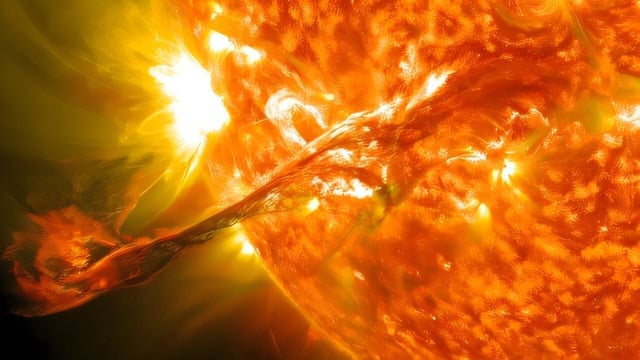Overview
- Published in Communications Medicine, the INPE-led analysis matched 1,340 myocardial infarction admissions in São José dos Campos (1998–2005) with geomagnetic activity measured by the Kp index.
- On days with disturbed geomagnetic conditions, the relative frequency of heart attacks was higher among women, with those aged 31–60 showing up to a threefold increase compared with calm days, though men had more cases overall.
- The authors emphasize the observational design, single-city scope, and modest sample size, calling for multi-center research to test the association and rule out confounders before any public-health action.
- Potential biological pathways remain unclear, with prior studies noting short-term changes in heart rate variability and circadian regulation during geomagnetic disturbances and a limited meta-analysis suggesting cardiovascular links.
- Interest has grown during the recent solar maximum, yet forecasting specific geomagnetic events is imprecise and experts caution against alarmist interpretations that extend beyond the study’s findings.



